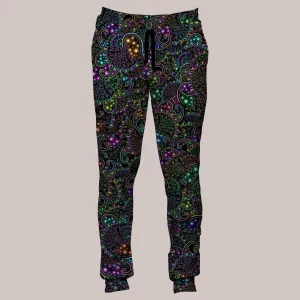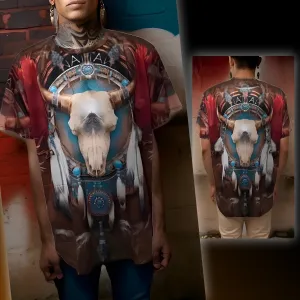Palouse is an Oeko Tex 100 certified fabric. Oeko Tex is one of the oldest third-party certifications, launched in 1992. It is designed to provide an objective and reliable product label for consumers whose aim is to ensure that products pose no risk to human health. The Oeko-Tex Standard 100 tests only the end product. Processing is not addressed, for example, wastewater treatment is not included, nor are workers' rights addressed. It is NOT an organic certification and products bearing this mark are not necessarily made from organically grown fibers. Oeko Tex is only concerned with the safety of the final product. The certification process includes thorough testing for a lengthy list of chemicals, including all of the chemicals of concern, among which are lead, antimony, arsenic, phthalates, pesticides, and chlorinated phenols. The official table of limits for tested chemicals may be found on the Oeko-Tex website:
Specifically banned are:
- Formaldehyde
- Heavy metals
- Pesticides
- Chlorinated phenols
- Phthalates
- Flame retardants
- Solvent residues
Textile products bearing the Oeko-Tex 100 certification mark, in addition to being safe to use and having a skin-friendly pH. Skin's natural pH is a tad acidic, and when it's eroded your defenses are down, leaving you vulnerable to bacteria, moisture loss, and irritation. Oeko-Tex certified fabrics will not create these stresses. And the fabrics will feel lovely against your skin.
The mill where this fabric was woven uses hydro and natural gas fuel power which has low emissions. The mill is an ISO 9001 certified facility.
This hard-working fabric can withstand the rigors of commercial applications while also providing the exceptional benefits of wool:
- Wool improves air quality by absorbing and retaining VOCs (Volatile Organic Compounds, chemicals you want to avoid) such as formaldehyde.
- Wool breathes and helps regulate humidity.
- At end of life, wool biodegrades, and none of the chemicals used in producing the fabric can hurt you or your ecosystem.
- Good animal husbandry practices sequester carbon and help reduce the level of greenhouse gasses in the atmosphere while at the same time replenishing and renewing grassland soils.
1For a discussion of what the abrasion ratings mean, please .

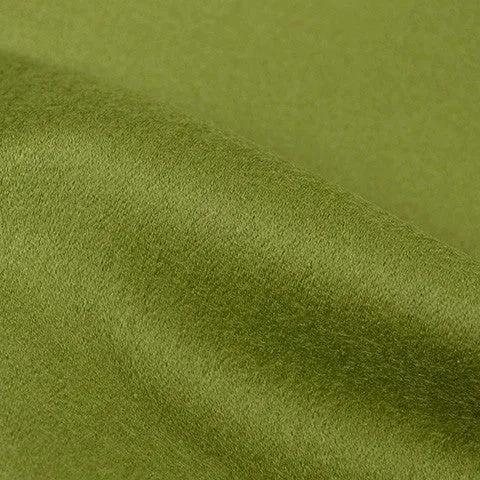
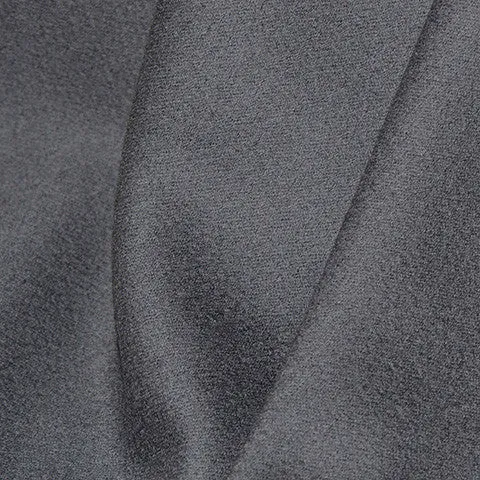
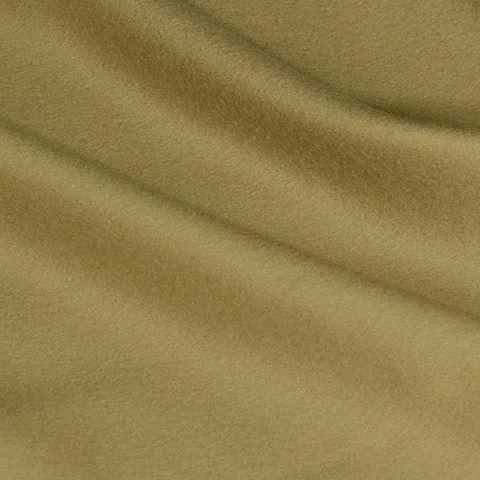
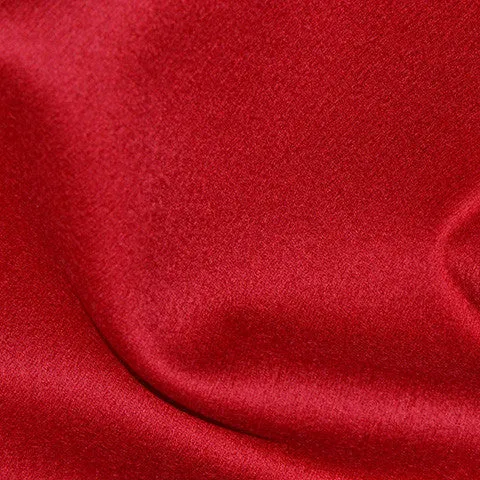
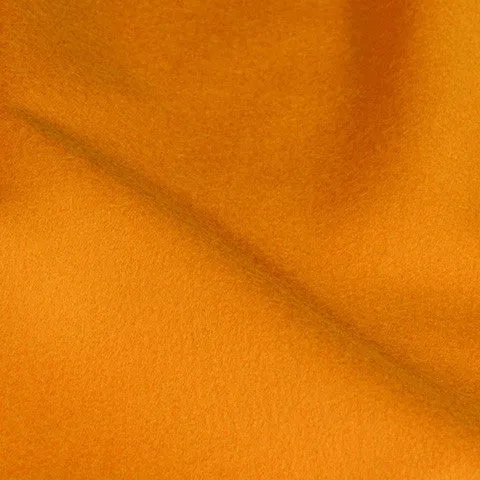
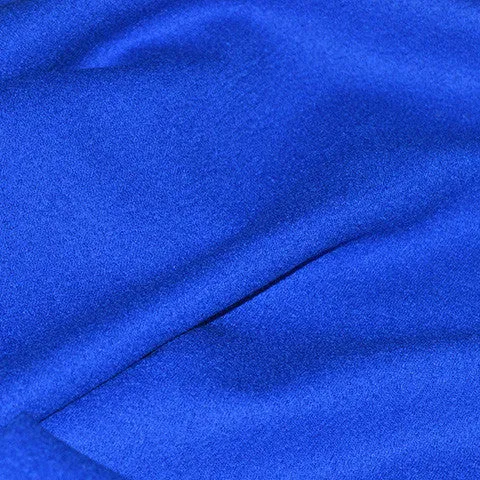
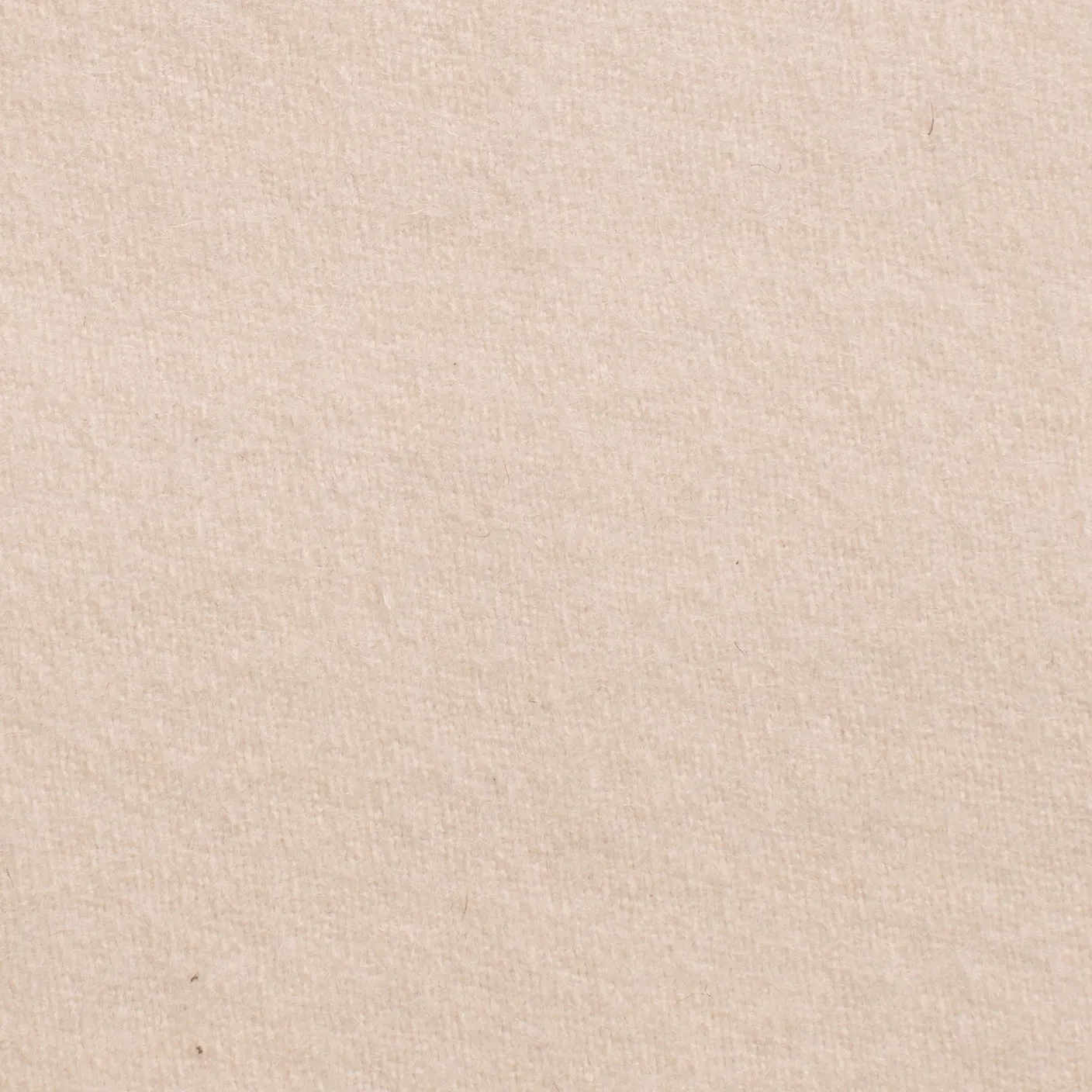



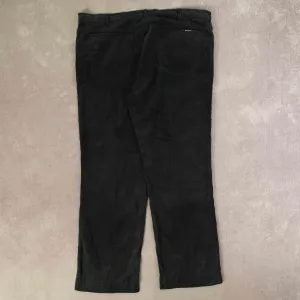

![First Watch AB-1100 Flotation Bomber Jacket - Hi-Vis Yellow/Black - XL [AB-1100-HV-XL] First Watch AB-1100 Flotation Bomber Jacket - Hi-Vis Yellow/Black - XL [AB-1100-HV-XL]](https://www.wearood.shop/image/first-watch-ab-1100-flotation-bomber-jacket-hi-vis-yellowblack-xl-ab-1100-hv-xl_VKmapK_300x.webp)
